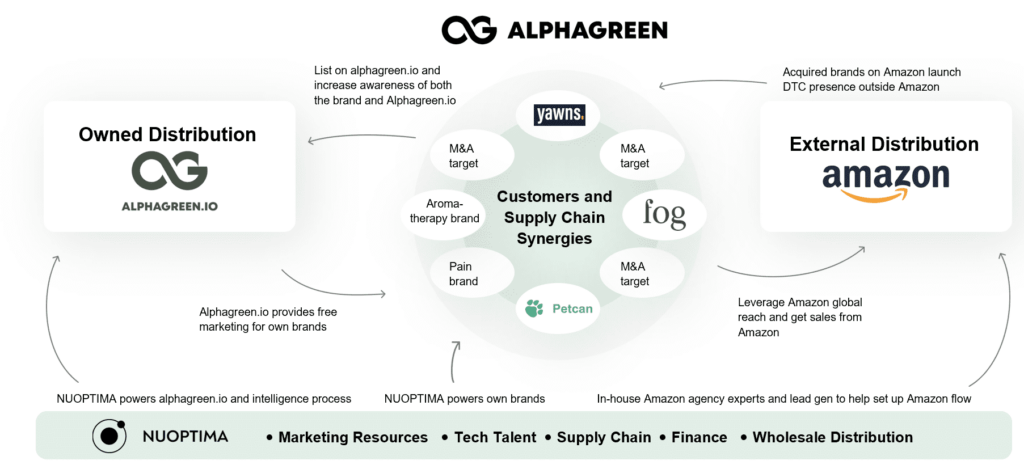Introduction
The last 20 years have seen the e-commerce space scale exponentially and the pandemic accelerated innovation and inflow of funding in this industry even further.
In September 2020, THG (The Hut Group) listed on the London Stock Exchange, making the IPO one of the largest in the UK’s history of public markets. As described in the piece on “How Marketplaces Evolved To Dominate Business”, THG was described as an End-to-End platform helping brands with managed services, but also owning several marketplaces and brands themselves.
The business was launched in 2004 as an online retailer for CDs, but the group managed to grow its revenues to more than GBP 2.2 billion in 2021 (expected). The growth was funded by private investors until recently and more than 80% of the revenue growth came via acquisitions.
When listing on the public markets, one of the main selling points was the business segment – Ingenuity. Ingenuity is the E-commerce solution for 3rd party brands. Ingenuity includes a bespoke content management system, a global fulfilment network and digital services which include marketing, creative, translations, merchandising, and outsourced customer service.
At the first glance, this combination of services stands out and shows a really interesting value proposition to a brand looking for support in their operations online. Let us examine four areas of this value proposition vs an alternative way of thinking about it.
- Content Management System (Bespoke/ Ingenuity related vs established standards such as Shopify/ Woocommerce or Magento)
- Fulfilment (Fixed locations globally vs technology driven 3PL and Fulfilment by Amazon)
- Digital Services (House of services vs Full-stack agency model)
- Costs
Let’s review each area of concern in more detail:
Ingenuity’s content management systems vs Established CMS Solutions
The Core Commerce proposition can be broken down as follows:
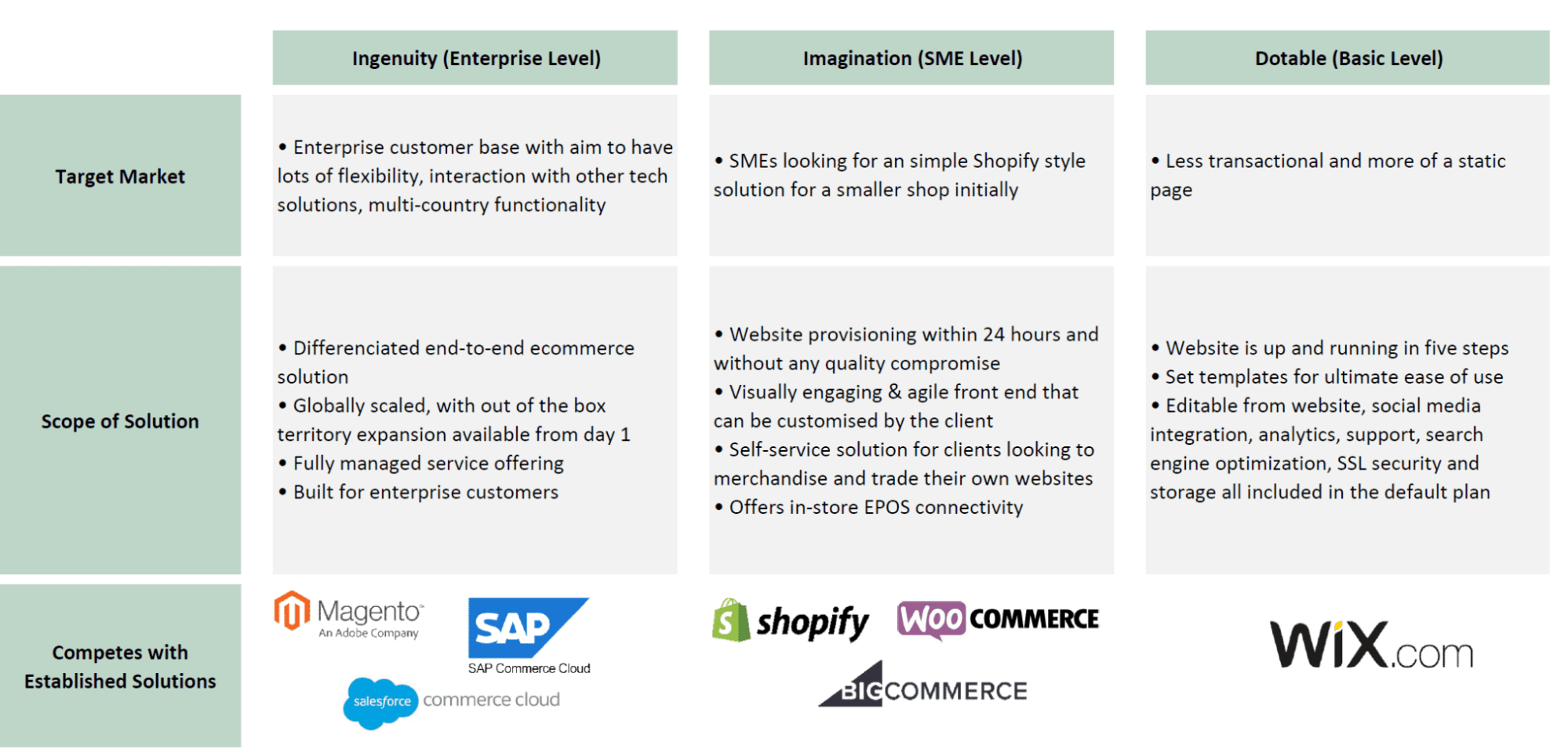

Based on this table, one can really see that for every Content Management System (CMS) offered bespoke by THG, there are Best-in-Class CMS systems out there such as Shopify, Woocommerce, BigCommerce and Magento.
Gartner published its Magic Quadrant for Digital Commerce in 2020 which ranked Magento (owned by Adobe) and Shopify as the top solutions for e-commerce.
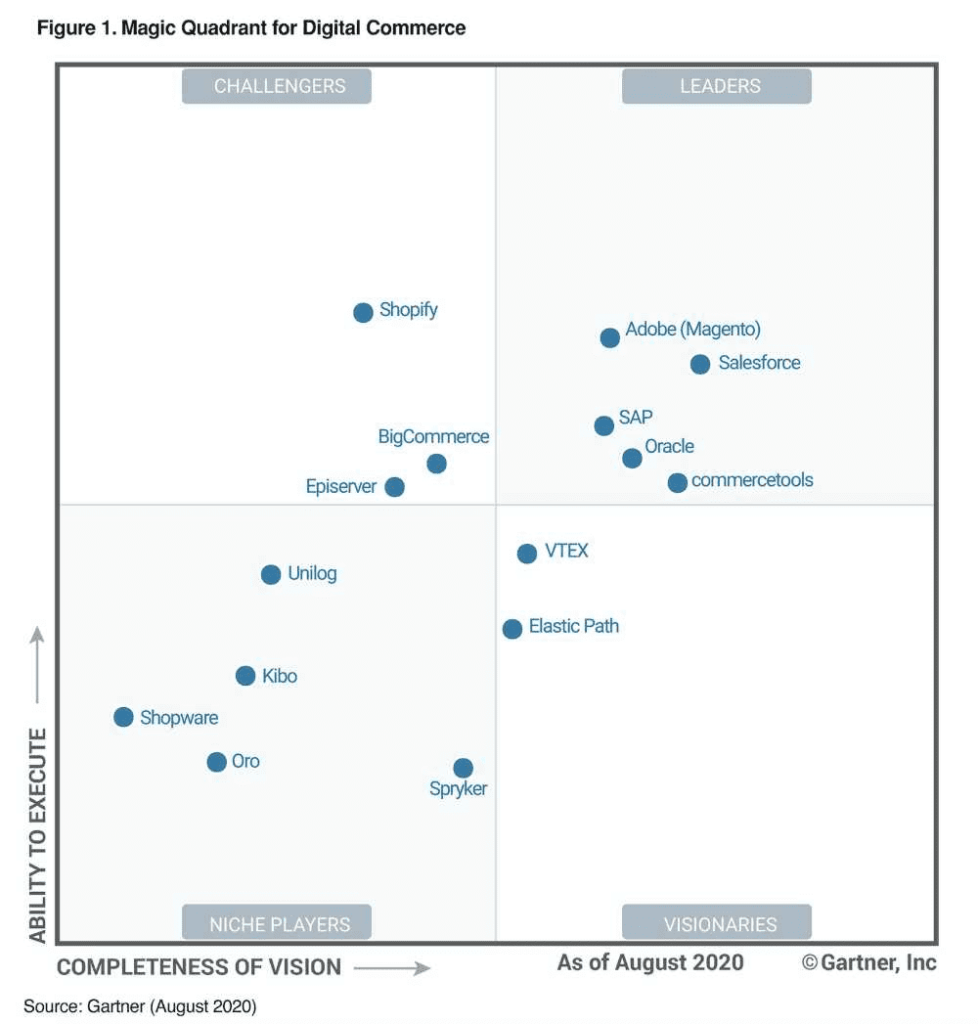
Pre-defined fulfilment network vs partnership with 3PL and FBA
It is impressive how vast the network of Ingenuity’s warehouses around the globe is. They are able to service 195+ shipping destinations through 18 different warehousing and fulfilment sites. However with Amazon and several other marketplaces offering fulfilment services themselves e.g. Fulfilment by Amazon (FBA) and more and more technology driven 3rd Party Logistic providers (3PL) such as Huboo Technologies allowing for a quick and seamless set up with your Content Management System (easier if you had picked Shopify, WooCommerce or Magento), there exists a plethora of options to choose from to optimise your costs and D2C packaging offering. Ultimately, it comes down to the scope of your development team, if they’re able to route orders to your preferred shipping partners in localised locations, likely you’ll be able to trim a lot of the cost. However, with THG being a one stop shop for global fulfilment, an obvious reason to partner with them is to avoid the headache of negotiating with different 3PLs. However, THGs fulfilment integration may not be as easy to a third part eCommerce solution in comparison to their own platform (which we just showed is not used by the majority of their enterprise clients).
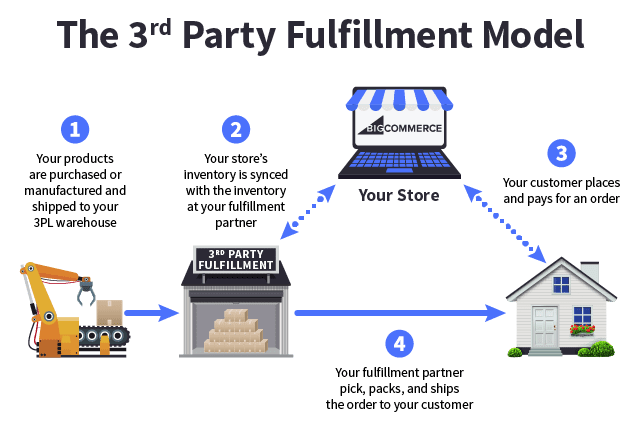
Digital services
A very large proportion of the revenue of Ingenuity comes from digital services. Digital services include marketing services such as SEO (Search Engine Optimisation), performance marketing (paid traffic campaigns), influencer marketing, translation services, branding, merchandise and customer support.
Ingenuity provides an Account Manager (Client Partner) which acts as a single point of contact and manages experts from the functional teams.
That approach is much better than many of the other media groups or than just hiring lots of different agencies where one needs to manage different account managers who do not talk to each other and functional teams across different agencies not coordinating properly.
In the case of NUOPTIMA, this is the best approach indeed so the brand only talks to one contact point and the contact person coordinates across specialists within the different areas. That way the brand does not need to spend a lot of time talking to different account managers who then talk to different specialists, but instead one account manager understands the needs of the brand and offers the best services the brand needs at that moment. If the brand buys more servicers based on more requirements, the account manager can coordinate between specialists and different teams to understand what the other team is working on. One example is the need for long term traffic building via content and SEO vs short term traffic building and equalising the volatility of organic traffic using performance marketing.
On top of digital services, there is also usually a need for web development support which should be offered as part of optimising some of the SEO and also some of the performance marketing tracking.Finally, with Amazon being a large part of the e-commerce channels, there should be an offering to provide Amazon SEO and PPC services.
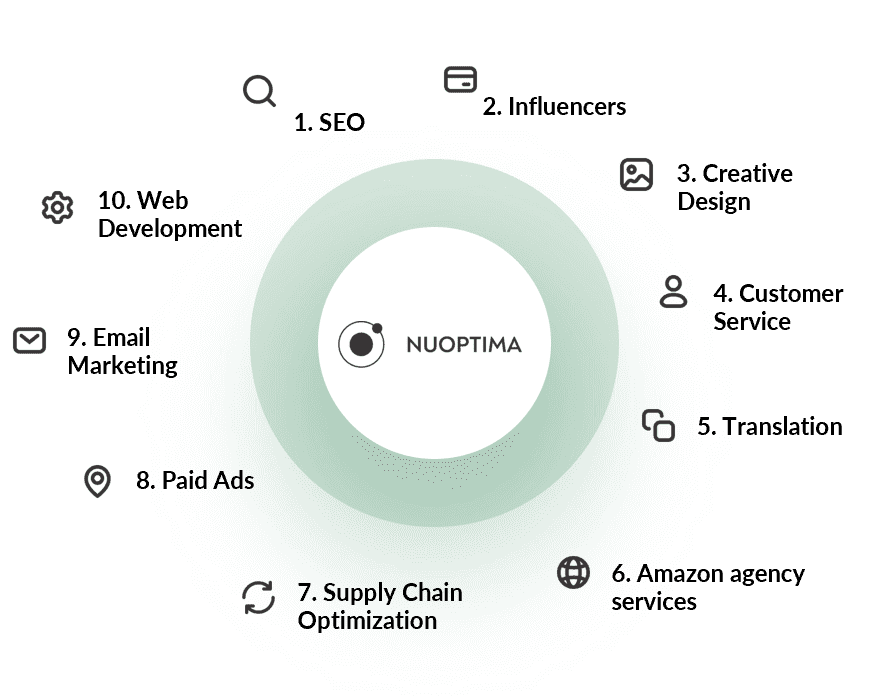
Fixed costs and revenue share vs flexible retainers based on KPIs
Brands want to pay for performance and while optimising for cash flow. That means as little as possible upfront and ideally based on results or a clear scope of work with targets.
Looking at a system with an existing fulfilment network and a bespoke content management system which requires a lot of work upfront, it is very difficult to offer a price where smaller, but fast growing brands can afford the services.
Monthly retainers based on a pre-agreed scope of work with clear deliverables make the most sense for a fast growing brand in a volatile environment.
Conclusion
There are many consumer brands out there who want to completely outsource their online operations and just forget about it. In a more digital world than ever before, that is potentially not the best attitude and more and more consumer brands are digital native brands where the go-to-market strategy is all about online first.
The model with a bespoke content management system, a network of fulfilment centres and a house of agency services works for brands who can afford paying more than a million pounds of fixed costs alone. For the nimble and agile brands there needs to be a different model though. This is where full-stack agencies with an end-to-end solution provide the biggest value.
The context of Alphagreen Group
NUOPTIMA can operate stand-alone, however as with Ingenuity and THG there are synergies to be part of a bigger group. Alphagreen is a leading e-commerce platform in the health & wellness space. The group incubates, acquires and scales brands using NUOPTIMA as the engine.
